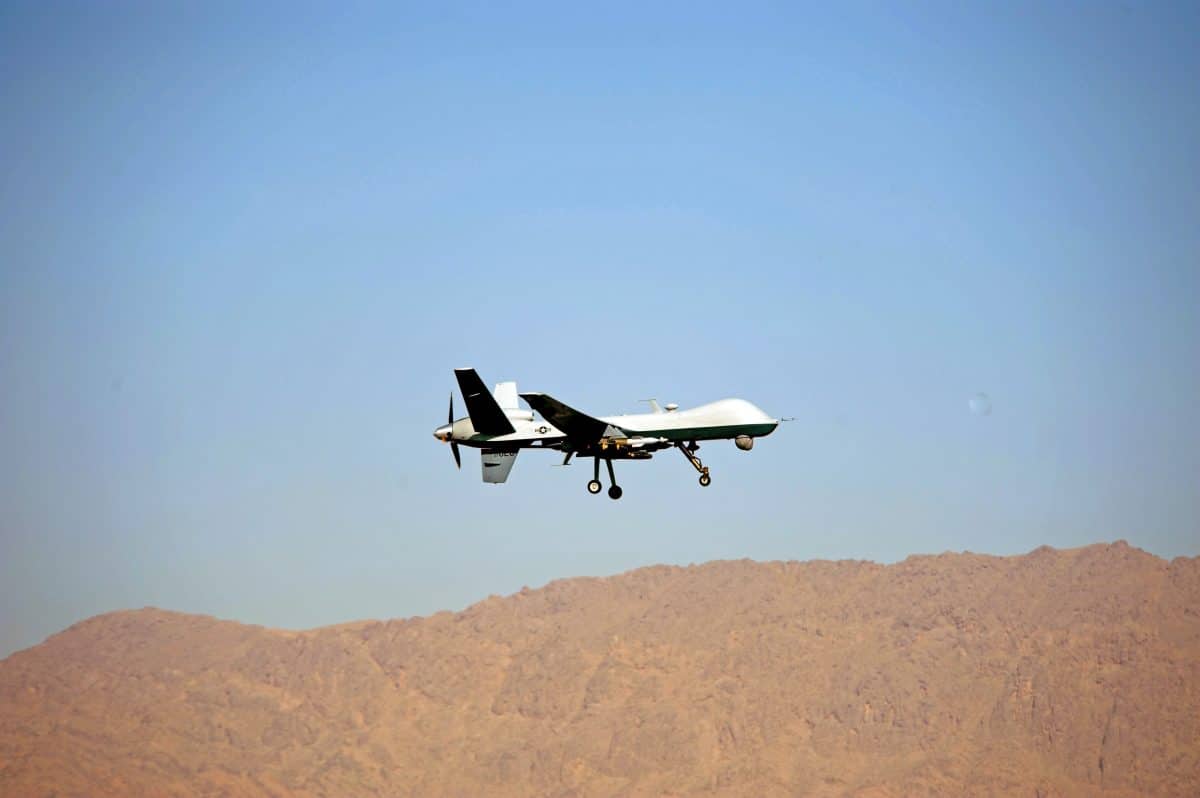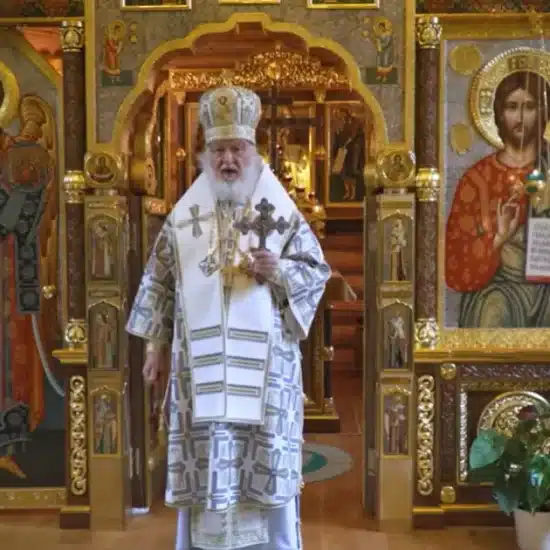
“We will not forgive. We will not forget. We will hunt you down and make you pay.”
President Joe Biden took a defiant, even vengeful, tone in his remarks late last month after a terrorist attack killed 13 U.S. military personnel in Kabul, Afghanistan. He added that the U.S. military would be “tracking down the ISIS leaders who ordered this” and “we will find ways of our choosing, without large military operations, to get them.”
And what was this way? A drone strike on Aug. 29 to target militants behind the terrorist attack. Gen. Mark Milley, chairman of the U.S. Joint Chiefs of Staff, called it a “righteous strike.”
Except the U.S. didn’t kill any terrorists in the attack.
Last Thursday (Sept. 16), Gen. Kenneth McKenzie, who leads the U.S. Central Command, admitted what news reports already indicated: the drone strike didn’t kill any terrorists. Instead, the we-will-not-forgive-attack killed 10 innocent civilians, including aid worker Zamairi Ahmadi, Ahmad Naser Haideri who had been a translator for the U.S. military, and seven children. The youngest child, Sumaya, was two years old.
McKenzie called it a “tragic mistake.” But that doesn’t seem good enough.
Living in a democracy means that the government acts in our name. Regardless of the label assigned to them, the culpability does not end with the person who fired or authorized the missile. Each of us bears a part of the burden for this egregious error; all of us should share in the outrage it is due.
Moreover, the lack of discussion across society and within the Church about the rise of remote killings increases our anger. To God, each of the 10 Afghan lives matter as much as each of the 13 American lives Biden pledged not to “forget” and to whom our media devoted extensive attention. Yet, stories like this drone strike quickly fall from the headlines, while the big questions around the morality of these lethal engagements are left unanswered
 In this edition of A Public Witness we place our aim on the rising use of drones as the preferred weapons of war. The urgency of the conversation ignores all borders, which means the life-or-death stakes warrant the attention of the global Church.
In this edition of A Public Witness we place our aim on the rising use of drones as the preferred weapons of war. The urgency of the conversation ignores all borders, which means the life-or-death stakes warrant the attention of the global Church.
NOTE: The rest of this piece is only available to paid subscribers of the Word&Way e-newsletter A Public Witness. Subscribe today to read this essay and all previous issues, and receive future ones in your inbox.






